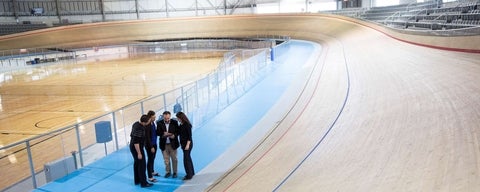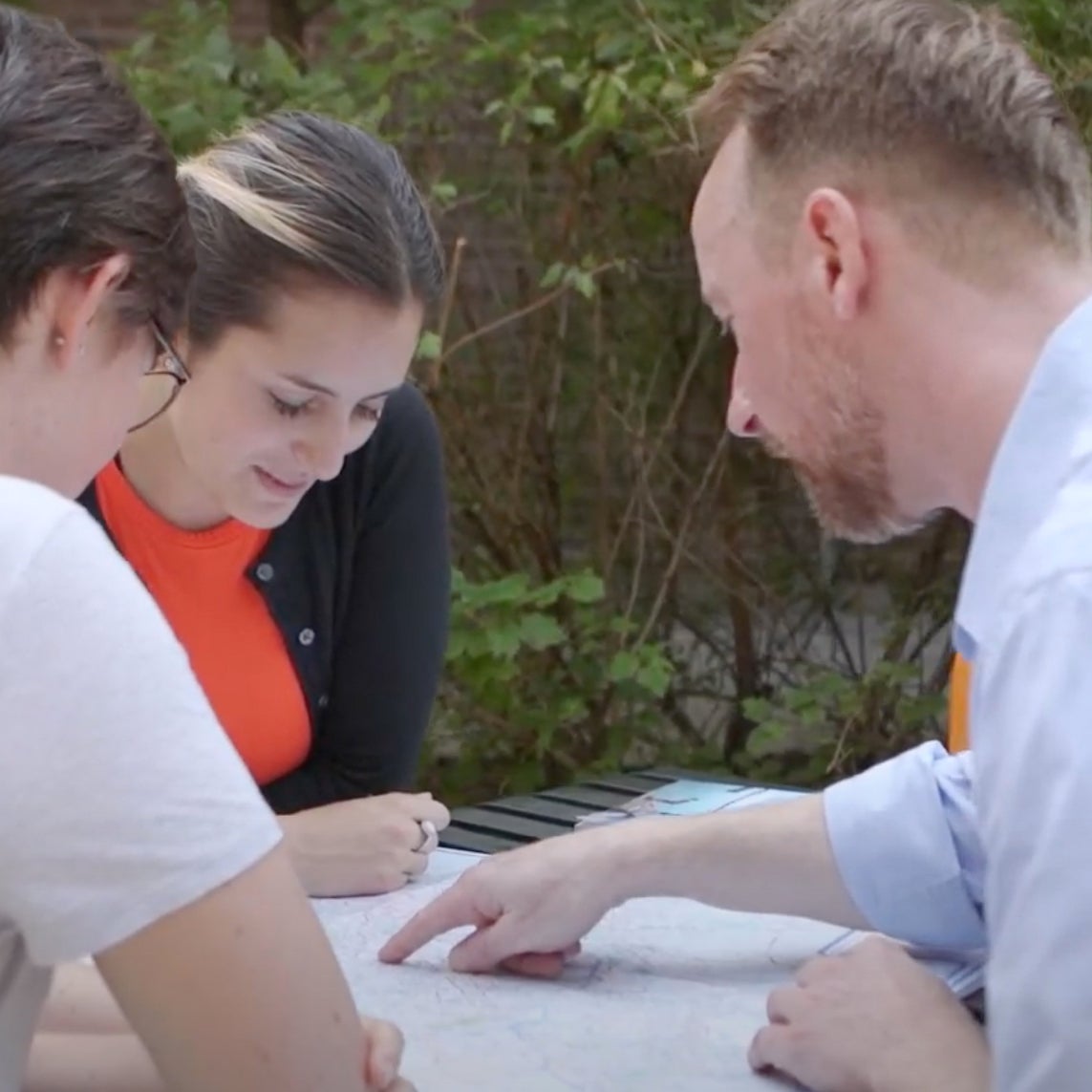Faculty members and students are heavily involved in a large number of varied research projects. The main sources of funding for these projects are government grants through agencies and granting councils such as Social Sciences and Humanities Research Council of Canada (SSHRC), and Canadian Institutes of Health Research (CIHR), but also include grants and contracts from other government ministries and non-profit organizations.
Collaboration exists within the Facultys centres and groups, with other faculty at the University of Waterloo in interdisciplinary research projects, as well as with researchers at other universities around the world.
The recognized academic and research excellence of departmental faculty is realized in the curriculum through an emphasis on critical thinking, problem-solving and sound application of the scientific method. The basic knowledge acquired by our students covers a behavioural understanding of leisure behaviour over the life course coupled with applied knowledge in the business and resource management sciences, and therapeutic recreation interventions in health care and community settings.
This broadly-based education includes a range of methodological skills, from basic to applied research and program and policy evaluation, using both quantitative and qualitative data collection tools. Graduate students are afforded additional valuable research experience through opportunities for theses, practical and research assistantships.
Not only do faculty members share their research in a wide variety of forums including professional conferences and colloquia, refereed journal articles, books, major reports, and consultations and public presentations, but a number work closely with community, provincial, national and international agencies to evaluate and develop programs and policies related to leisure services and tourism.

